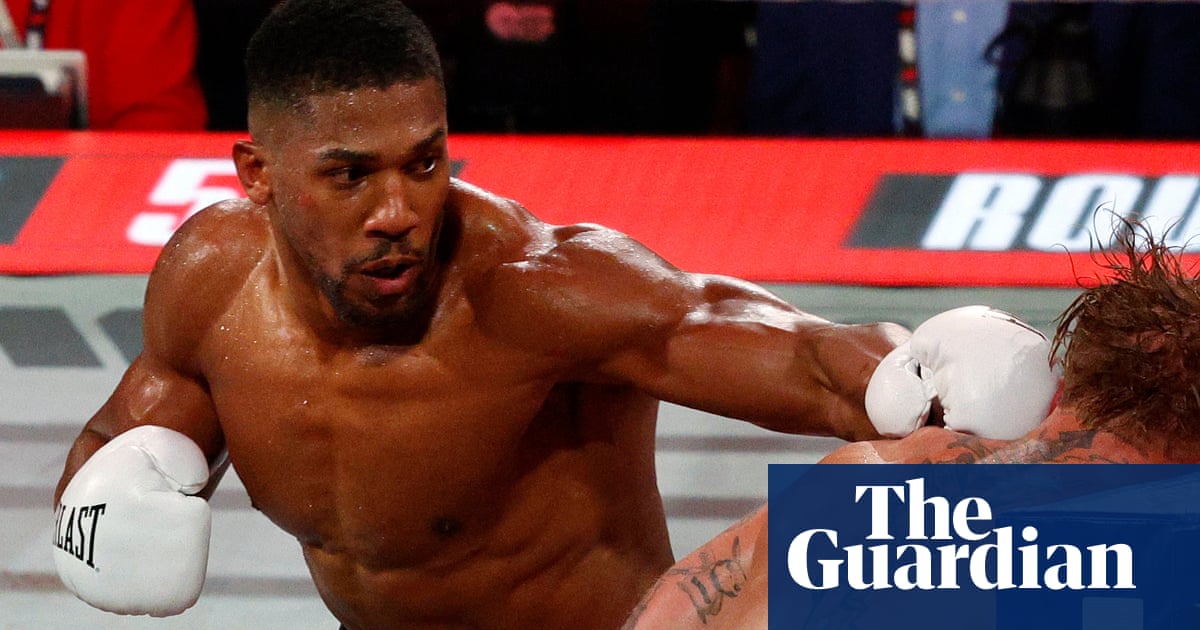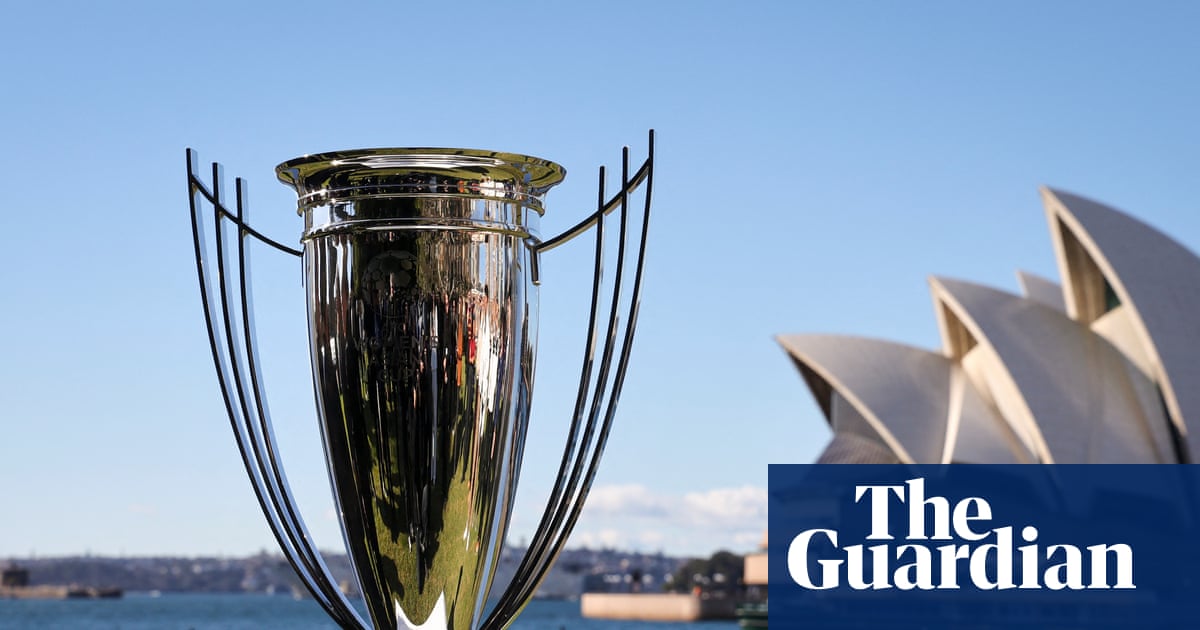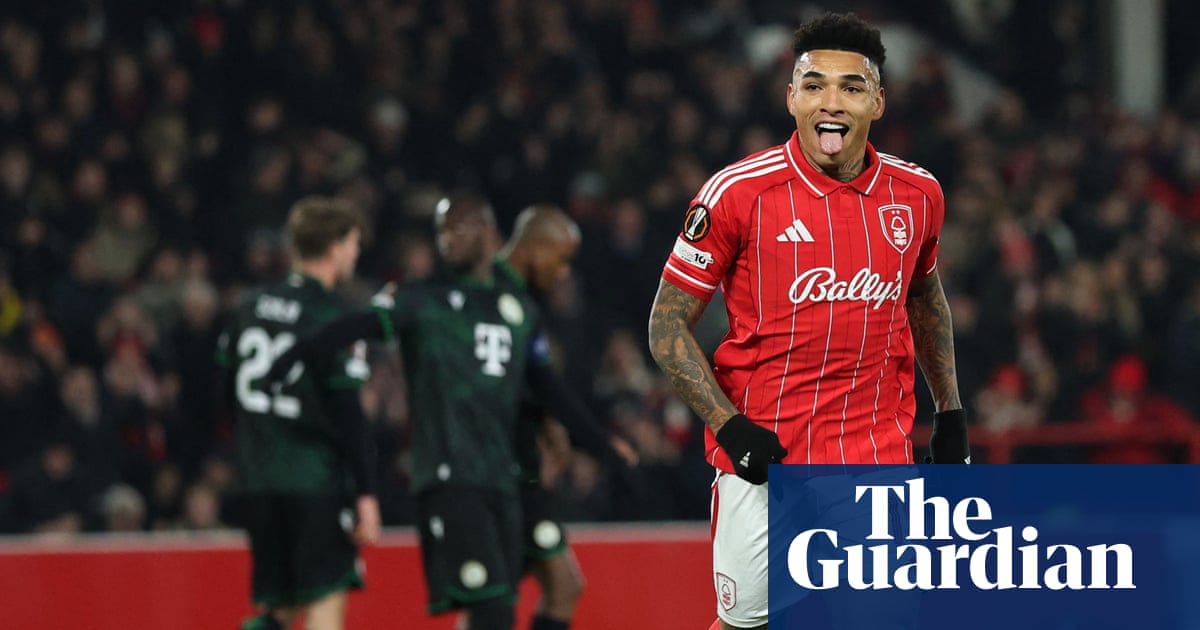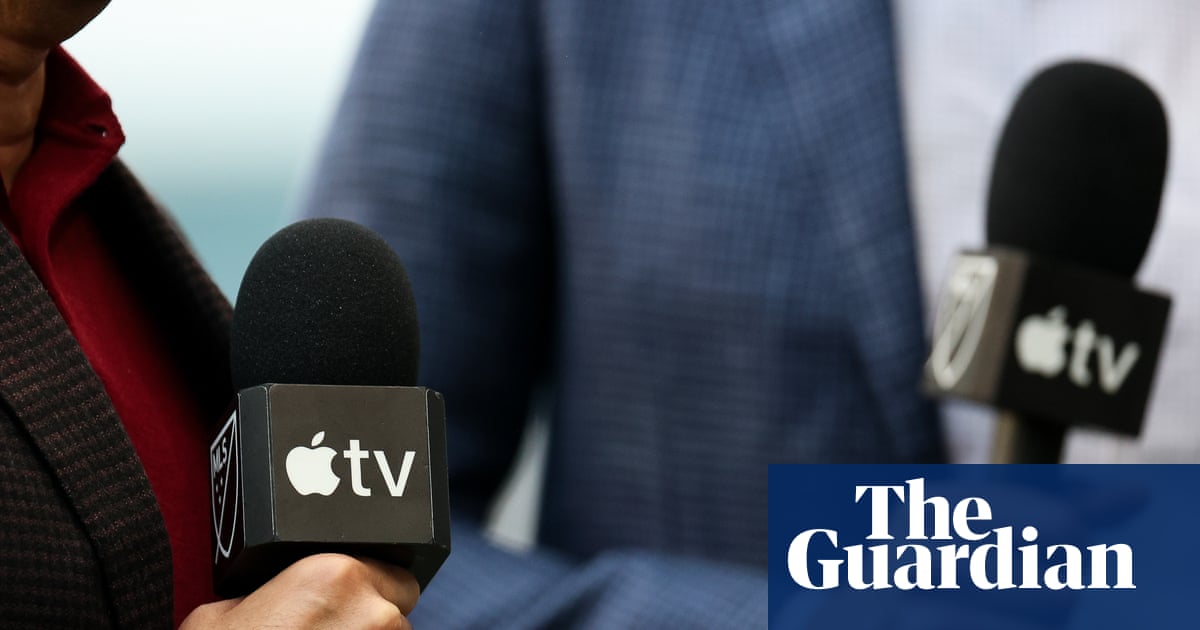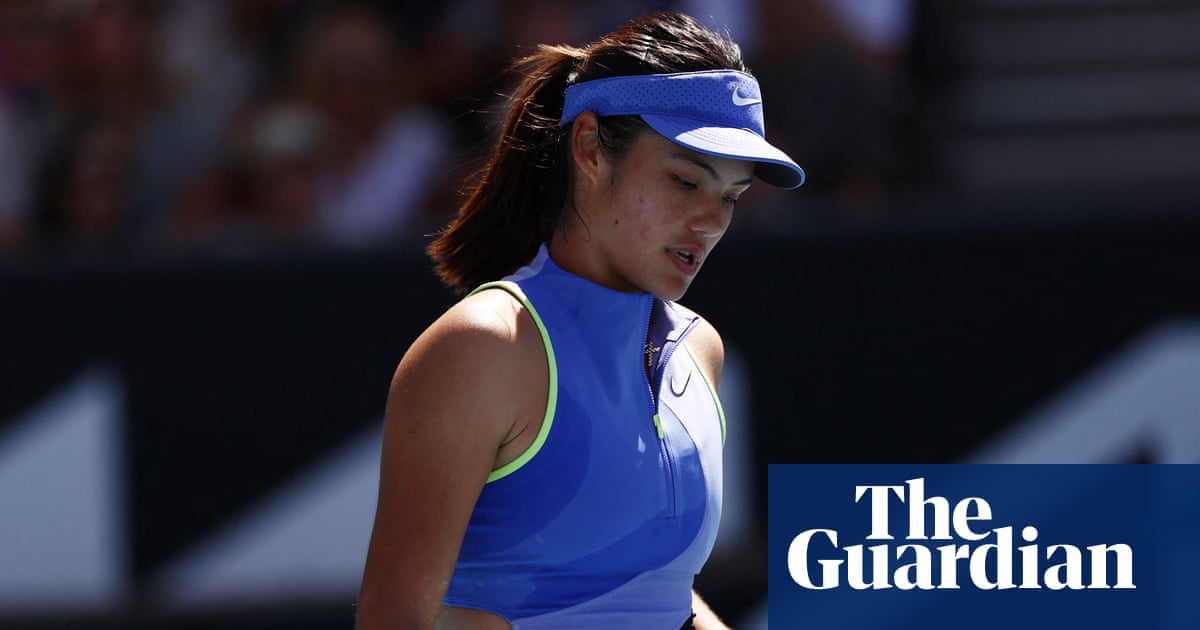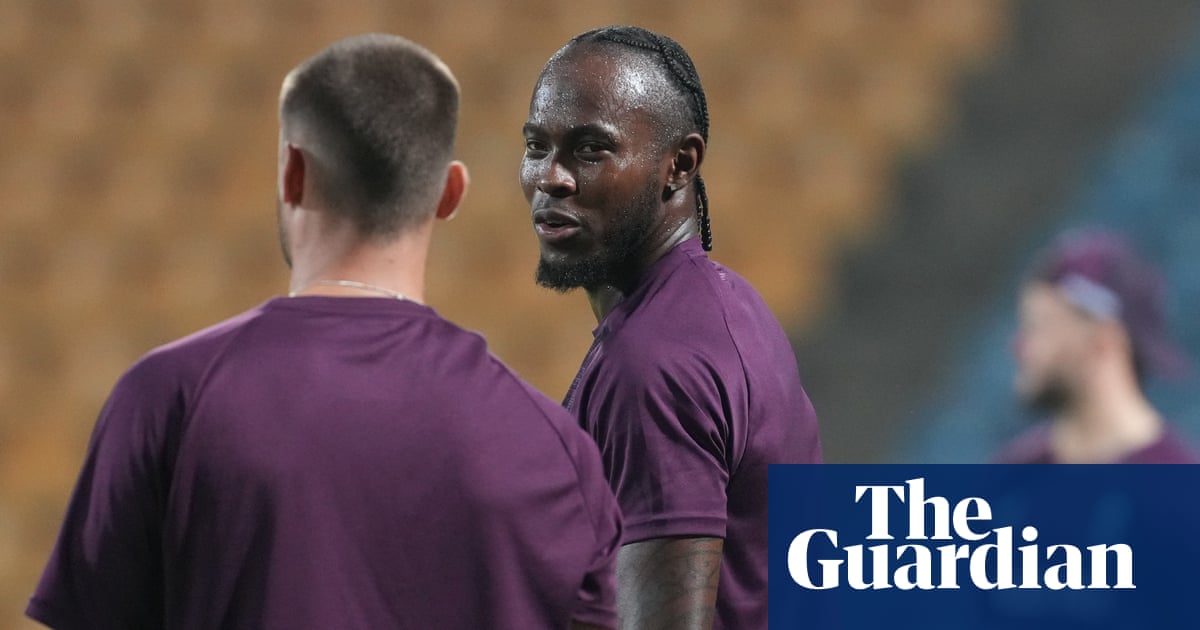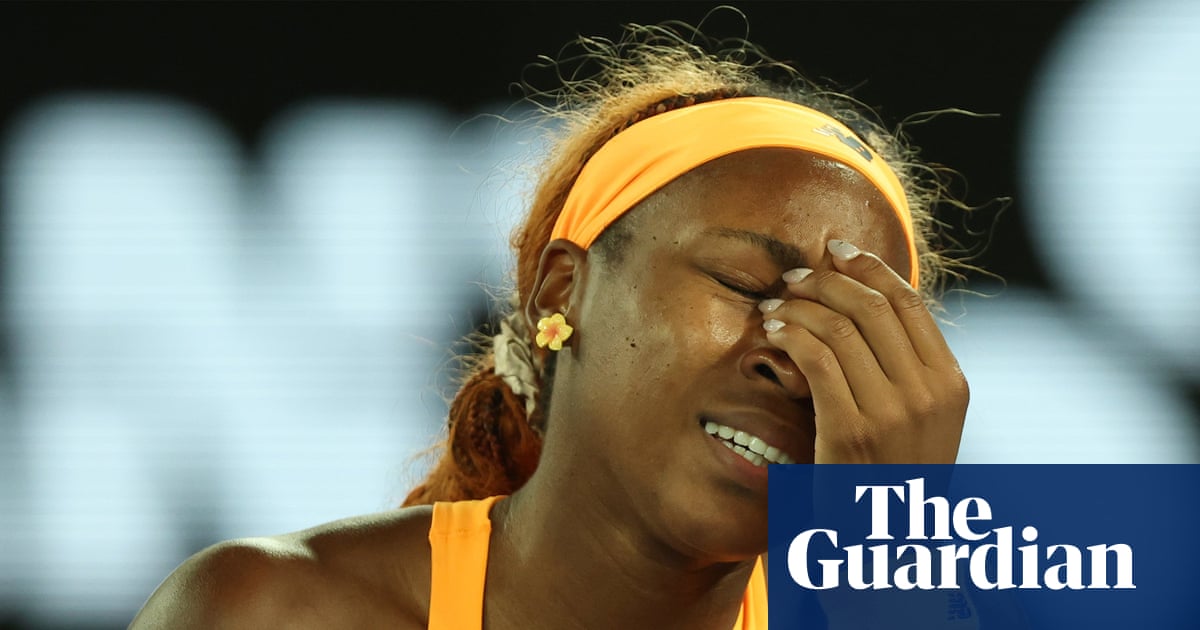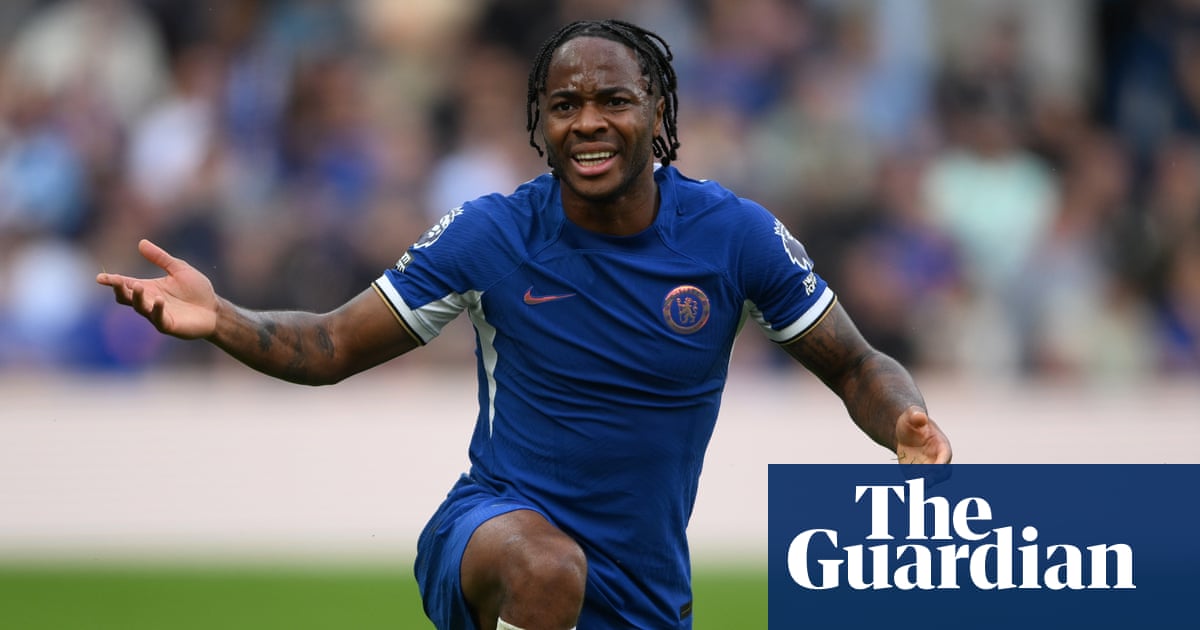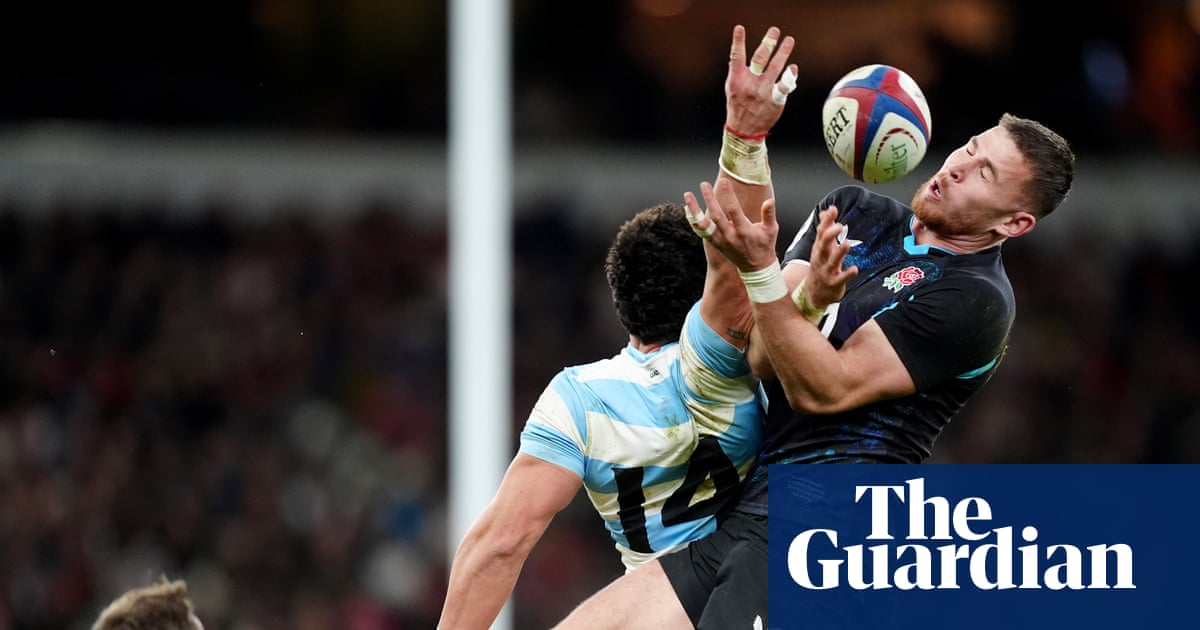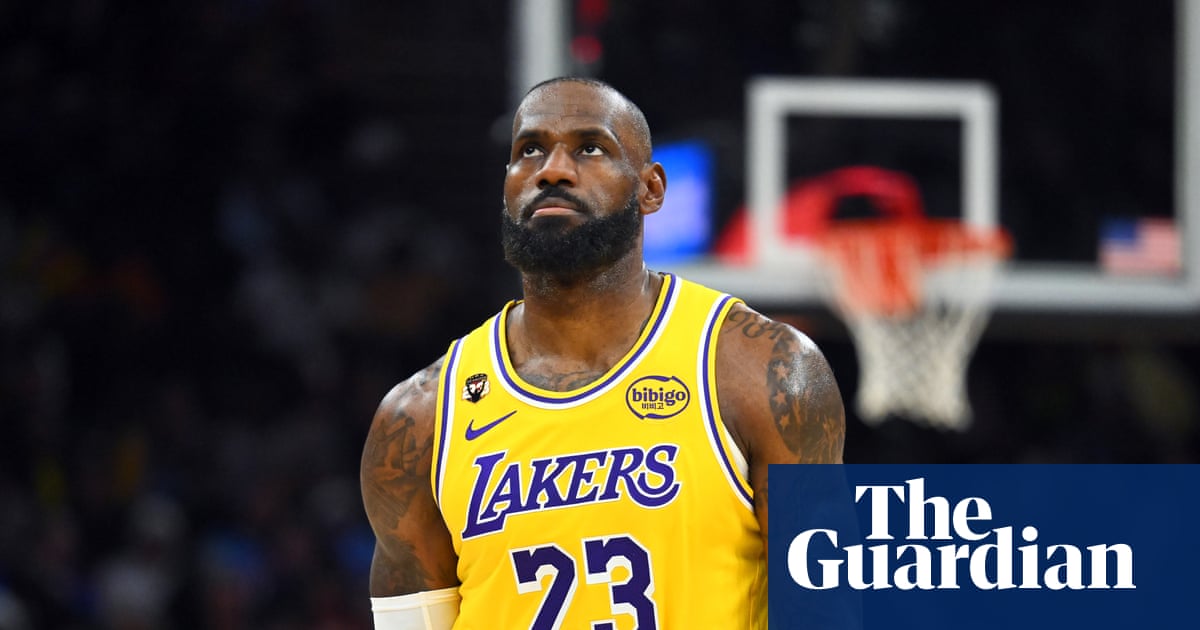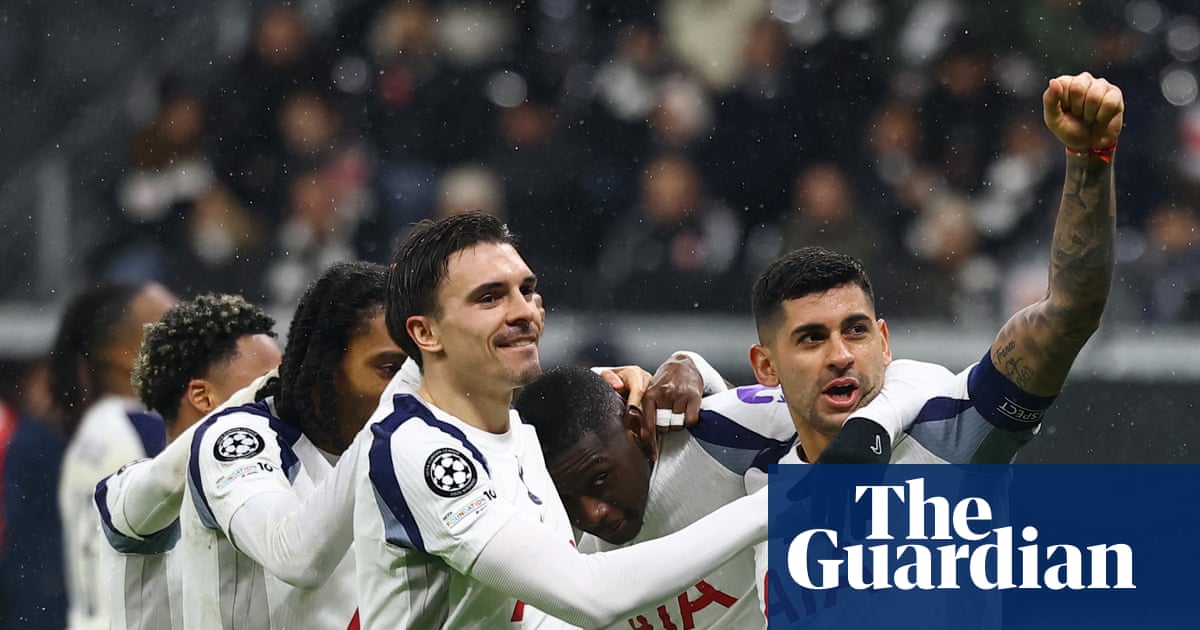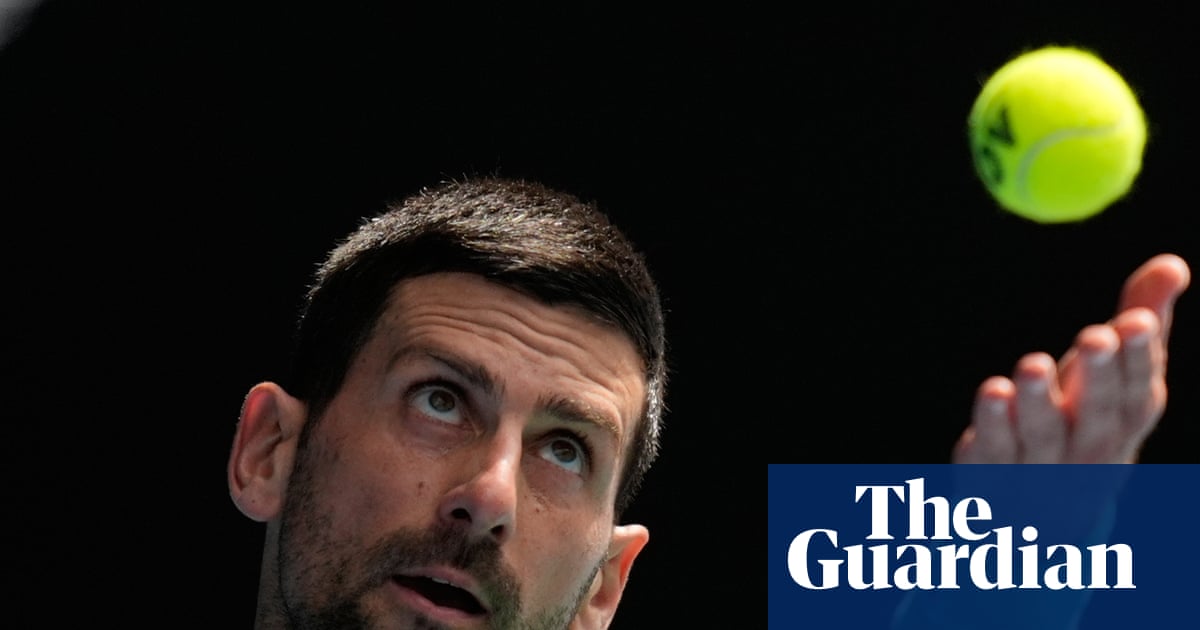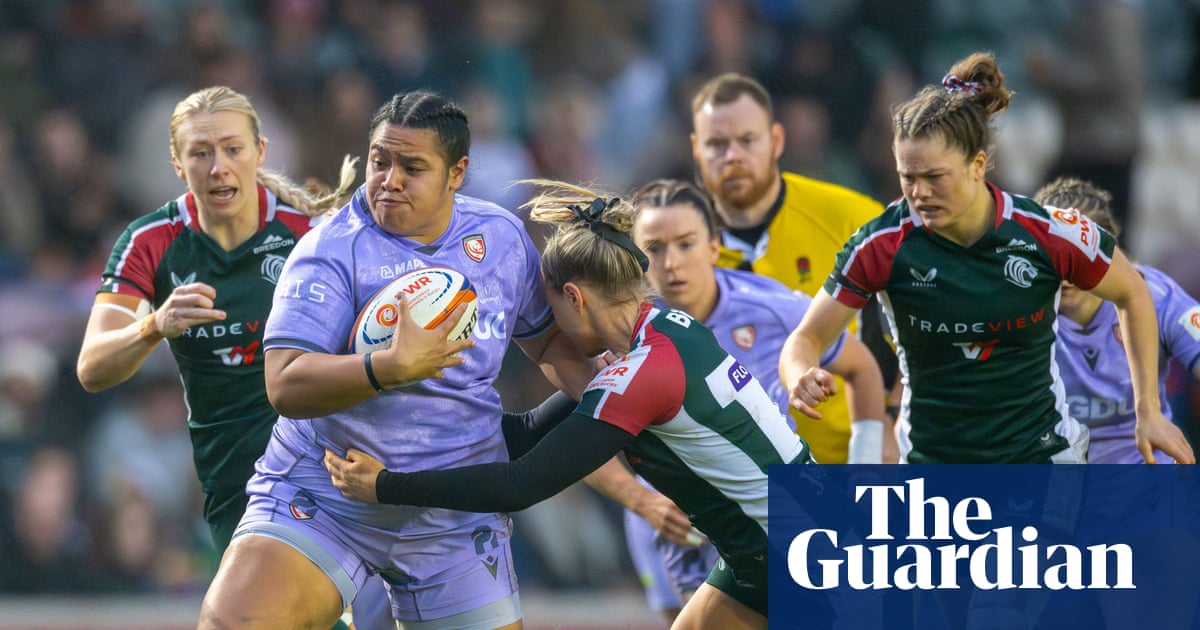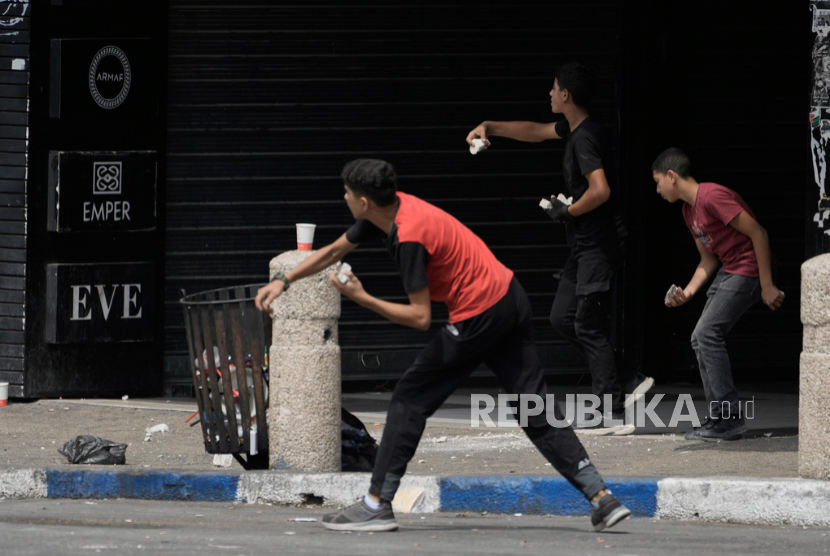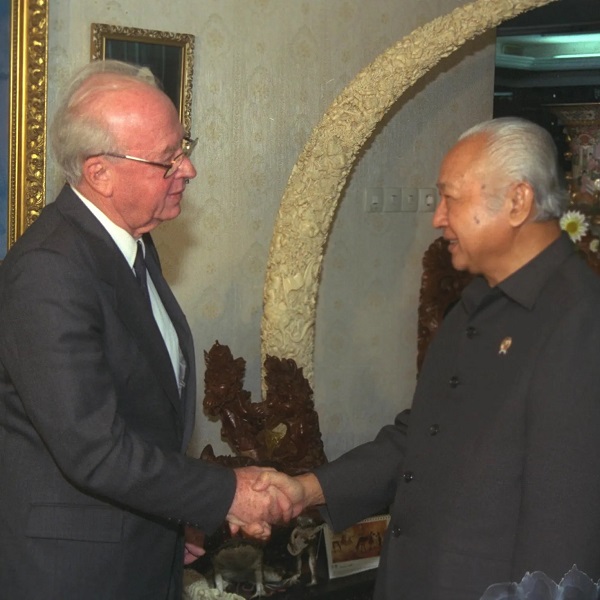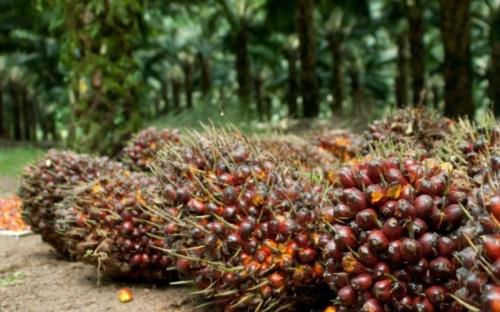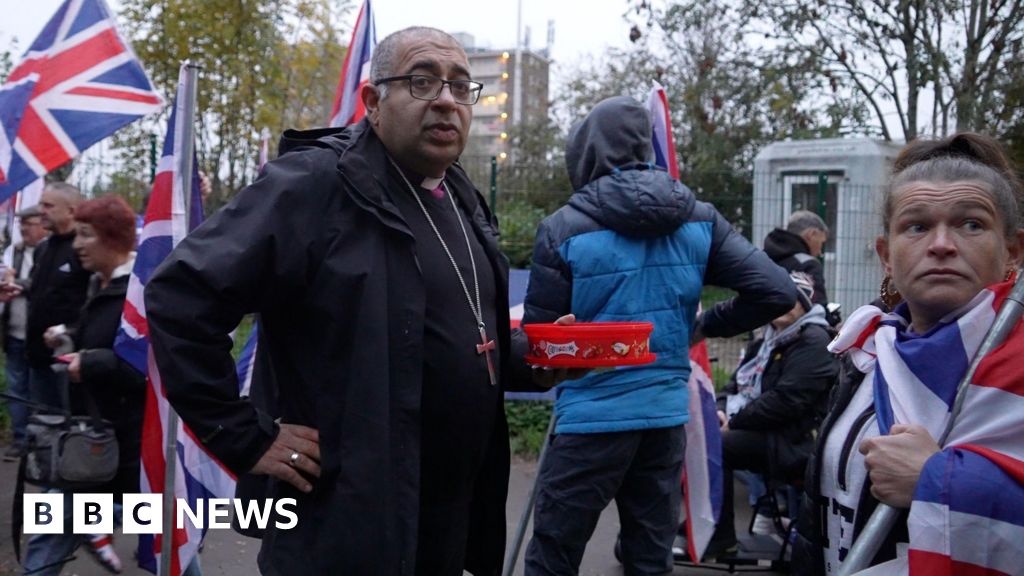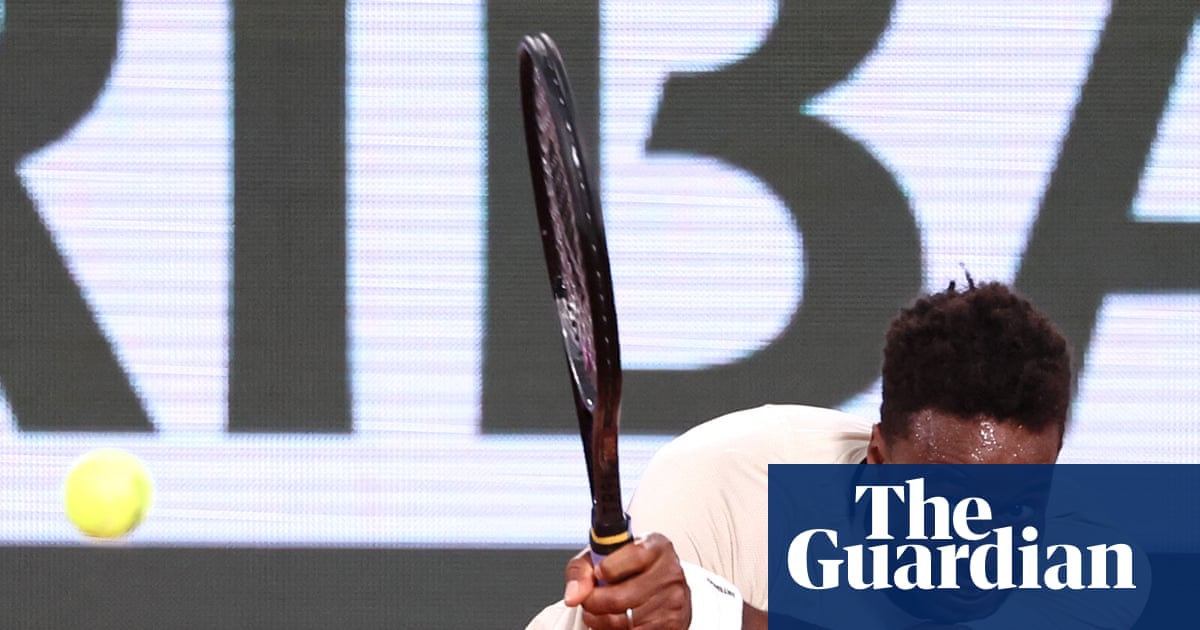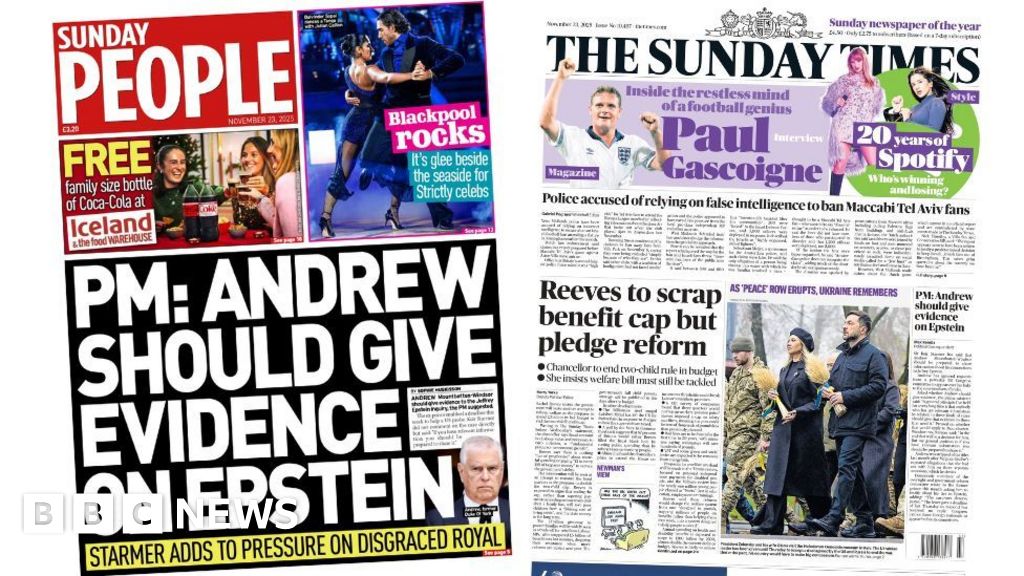When even Joseph-Aukuso Suaalii is beaten in the air you know that things aren’t going well. It was here, last autumn, that the rugby league convert made his Wallabies debut and immediately established himself as one of the code’s hottest prospects. He left Twickenham with a highlights reel stacked with NBA-style tip-ons and athletic leaps, having played a leading role in a remarkable smash-and-grab triumph.
But in the 20th minute of a stodgy show that felt like watching the Wallabies during the bad old days under Eddie Jones, Australia’s rising star failed to get off the ground. Perhaps Suaalii hadn’t noticed that Tom Roebuck was hot in pursuit of Alex Mitchell’s box kick. Perhaps he was still pondering his two earlier jumps at high balls that came to nothing. Either way, he was caught with his heels rooted to the turf as England’s wing came away with the ball. Seconds later Ben Earl was scampering away for the opening try.
It was that sort of day. There were deficiencies at the breakdown and a lack of punch through midfield. The half-backs rarely sparked a move through the hands, while the loose forwards struggled to work through their phase play around the fringe. One good run was followed by a spill in contact. One of the few highlights over the dreary opening exchanges was a hack upfield by Harry Wilson that almost found touch for a 50-22. It didn’t, despite Wilson’s protestations.
If Australia were to win this they needed two things to happen. Someone had to produce something special, to conjure up a bit of magic on their own. Around the half-hour mark Harry Potter plucked a floating pass from Fraser Dingwall inside Australia’s 22 as if it were a golden snitch. The flyer born just down the road in Wimbledon had a 90-metre sprint to the try line. He almost ran out of gas about 10 metres short but had enough fuel in the reserve tank to take him all the way. It was a try Australia scarcely deserved but it put them on the board and within three points of England’s tally of 10.
The second thing that needed to happen for Australia was a discovery of some fluency. Joe Schmidt has rebuilt this side with a blend of pragmatism and accuracy. He’s left room for the natural ballers to do their thing from broken play, but his most impressive wins – at Twickenham, in Johannesburg in August, in the final Test against the British & Irish Lions – have been procured through the less sexy bits that turn good teams into potential champions.
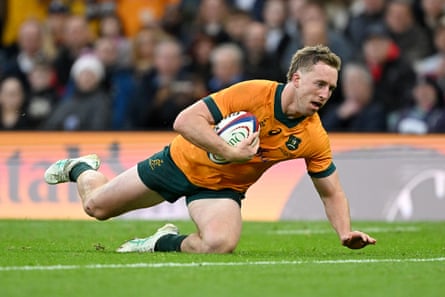
There were signs of improvement after the restart. A semblance of cohesion. A mere suggestion that some tough talk in the sheds had prompted Schmidt’s players into action. It wasn’t to be. A lineout set went coast to coast before England stole the ball. A scrum morphed into a penalty for the opposition. And when Mitchell hoisted another high box kick just before the hour, Australia were again unable to resist a springing Roebuck. This time the catch wasn’t clean but the bounce was kind. Henry Pollock, who had already got under the skin of some Aussies with a few words out of the side of his mouth, plucked the pull around his ankles, charged towards the line and dotted down after regaining his feet.
after newsletter promotion
That was that. Australia just couldn’t get out of second gear. Mitchell added a deserved try to swell the gap and Luke-Cowan Dickie rubbed the Wallabies’ noses with a mauled score five minutes from time. Before the close, both sets of players got into a prolonged shoving match; well-paid adult men pushing and swearing at each other in the rain. It was a fitting end to a pretty dour game.
Conditions didn’t help, but it was apparent that the Wallabies were missing two key playmakers in the backline. Hunter Paisami wasn’t poor at inside-centre, but the absence of Len Ikitau, Australia’s best player over the past 12 months, was notable. So too was an assured hand at the wheel at fly-half. Tane Edmed didn’t stink the place up but the lack of inspiration at first receiver meant Australia routinely kicked off 9 and, most of the piece, were one-dimensional.
As Wilson said, things need to improve. Australia are ranked seventh on World Rugby’s metrics. With the draw for the six-group World Cup taking place after these November Tests, Schmidt will be desperate to climb the ladder and avoid sharing an opening round with one of the game’s bigger hitters. With so much riding on a successful tournament on home soil in 2027, every game across this European tour now carries great significance.
.png)
 2 months ago
44
2 months ago
44
